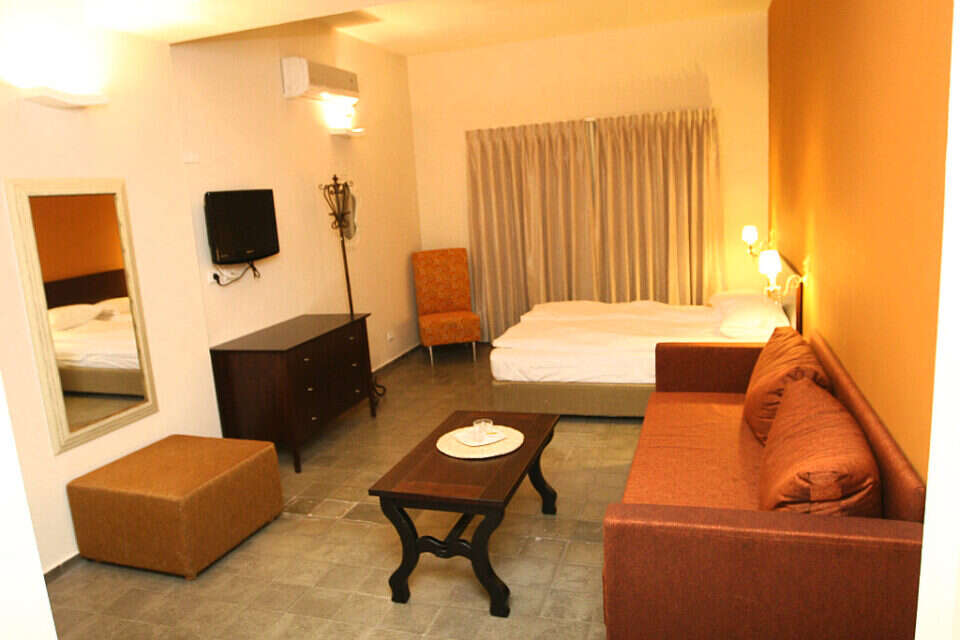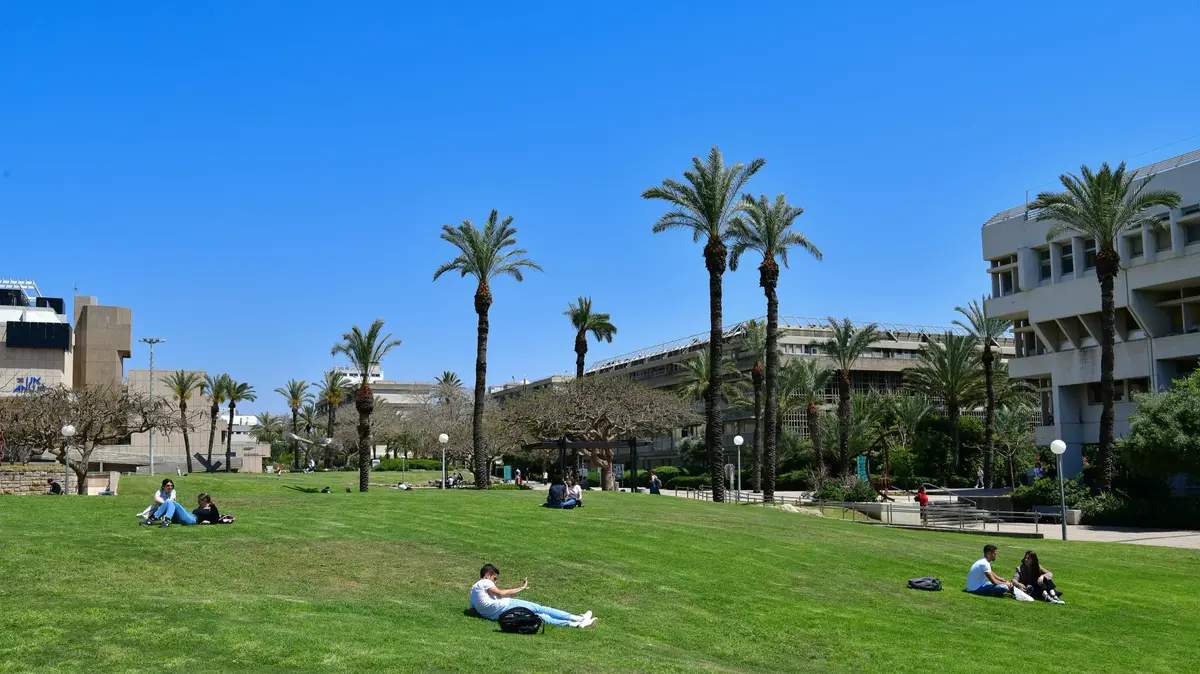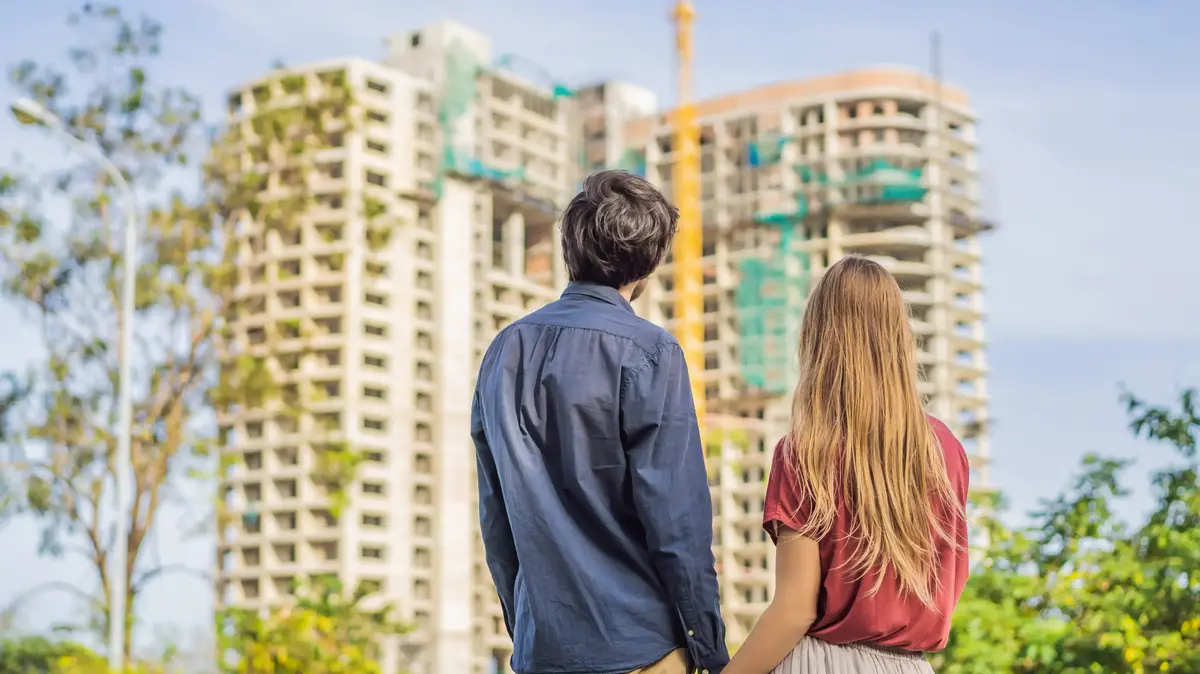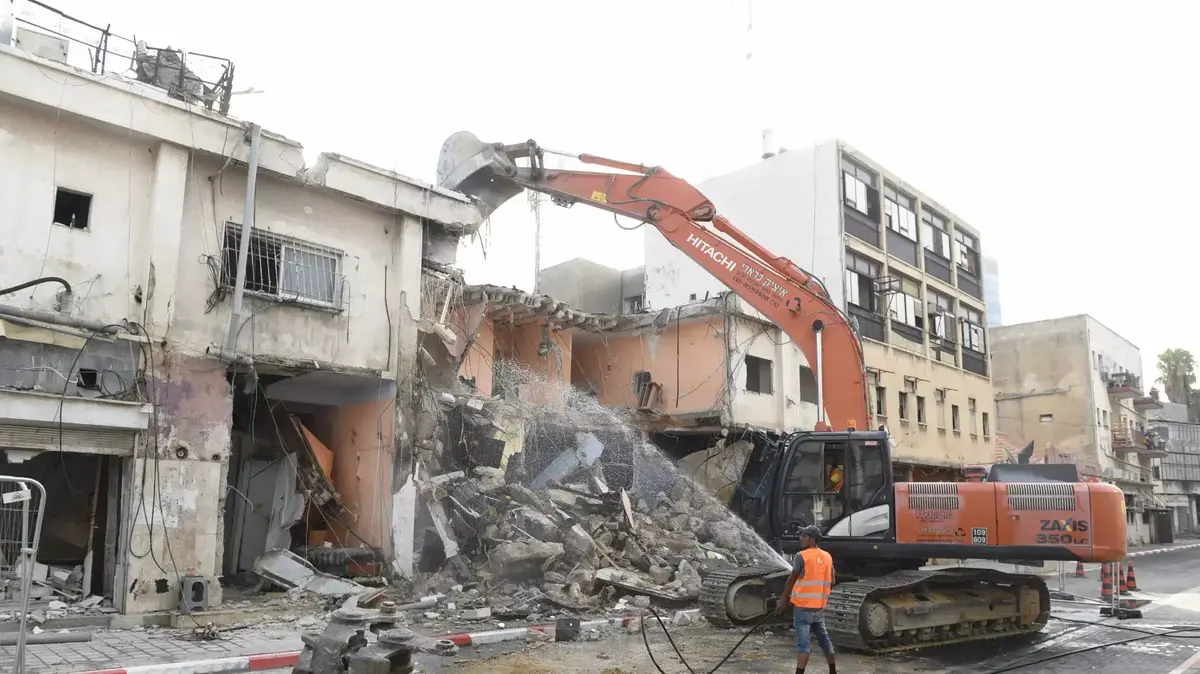The State of Israel spends hundreds of millions of shekels on aid to the hotel industry - but is fighting the tiny hospitality industry (Airbnb), which helps the middle class.
This emerges from a new study by the Ecclesiastical Forum, the main points of which are published here for the first time.
According to the study, in 2019 the Ministry of Tourism allocated NIS 110 million to assist the tourism industry.
In 2020, the government approved an additional assistance program of about NIS 300 million for the hotel industry.
In addition, the state allocates land for hotels and tourism ventures without a tender.
On the other hand, the new government program aims to fight Airbnb apartments, and completely ban the conversion of residential apartments into accommodation units, and therefore the community is attacked by the program: Written in a study by Shlomit Kaplan, a researcher in the field of litigation in the community.
"The vague legal situation in the industry makes it difficult to obey the rules and encourages a black economy"
From the study: "The platform offers a mechanism that provides information on the quality of service and safety of accommodation - without imposing on the host rigid and uniform standards. Renting short-term residential apartments increases the supply of accommodation, without the need for land allocation or investment of government resources." Proposed ".
As of 2019, before the Corona, the number of guest rooms in Tel Aviv was almost the same as that of the hotel rooms offered in the city.
In Jerusalem, short-term guest rooms accounted for about 27% of tourist accommodation.
According to the study, in the years 2020-2019, the average nightly price in a tiny guest apartment never exceeded 600 shekels.
"In Israel, there is no match between the legal situation and the nature of this industry," Kaplan wrote, "and the vague legal situation makes it difficult to comply with the rules, encourages a black economy and does not allow for long-term economic planning."
Airbnb, Photo: AFP
The study does not ignore the negative effects of holiday apartments, such as rising housing prices, negative effects on the apartment environment, changing the character of the neighborhood and unfair competition in the hotel industry.
The community notes: "It is difficult to point to a necessary connection between the growth and development of the industry and the alleged negative results."
The conclusion of the study is that it is desirable to impose on the field a "thin" regulation, clear and simple to implement - with a uniform taxation at a fixed rate on income from small occupations, a permit for mixed use of residential or recreational land, and an exemption for public facilities.
"The state could have been expected to encourage the housing sharing industry instead of suppressing it," Kaplan said. "On behalf of the state. Attempts to apply a rigid regulation to the field around the world have failed, creating 'black' markets that have harmed the public interest without fulfilling the goal they sought to achieve."
Were we wrong?
Fixed!
If you find an error in the article, we will be happy for you to share it with us and we will correct it









